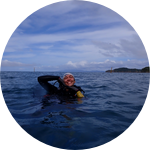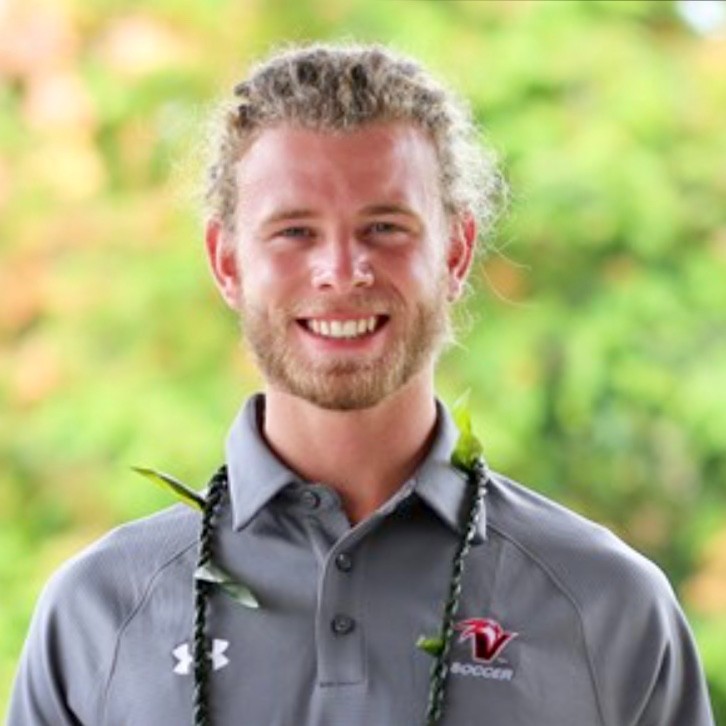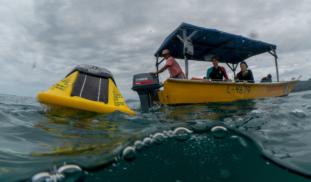Please wait...
About This Project
Costa Rica lacks extended time series of oceanographic data. To address this issue, our goal is to deploy and maintain an array of smart mooring devices that will provide real-time data of temperature, waves and wind. We aim to describe how these variables associate to coastal erosion/coral bleaching in the Caribbean and coastal upwelling/ENSO coupling in the Pacific. Our mission is to provide open-access data to improve management of Marine Protected Areas and blue economy projects.

Browse Other Projects on Experiment
Related Projects
Study of oceanographic and meteorological variables in MPA through remote sensing.
Climate change and events that modify the global temperature and precipitation dynamics such as “El Niño...
Investigating the roles of microbes in biodegrading or colonizing microplastic surfaces
Recently, we observed different PCB adsorption onto microplastic surfaces in Newtown Creek compared to Navy...
Can surfers and swimmers measure waves with their smartwatches?
Smartwatches have the same sensors used on buoys to measure waves. We hypothesize that we can extract wave...


